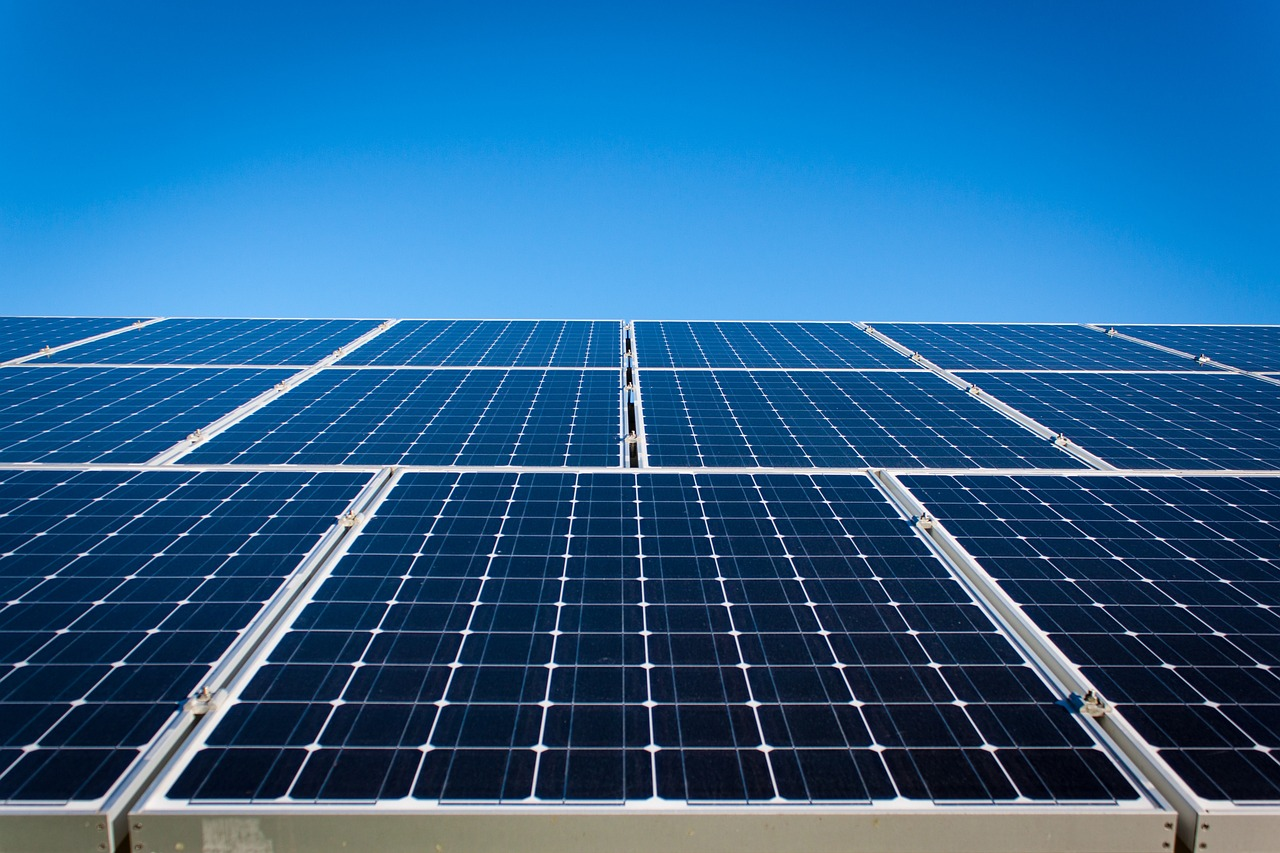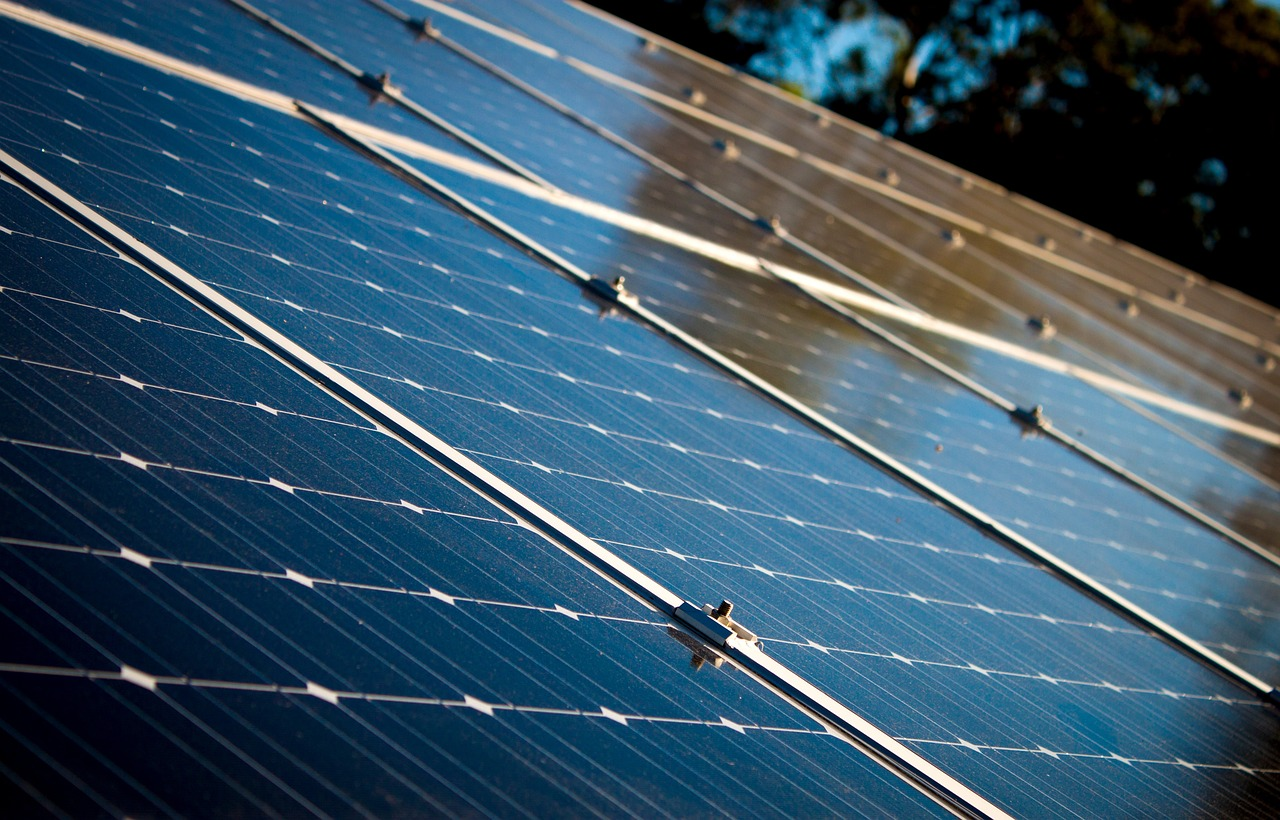Going green is a major trend, with many people switching to solar energy to reduce their environmental footprint. But when you’re looking into getting solar panels for either home or office use, it’s important to take the time and do some research into what kind of panel will be best suited for your particular space. In this blog post, we’ll explore the differences between solar panels for home versus those designed specifically for office spaces so that you can make an informed decision when choosing your new renewable energy source.
Is There A Difference Between Solar Panels For Home And Office?
Yes, there is a difference between solar panels for home and office. While both serve the purpose of harnessing the sun’s energy to generate electricity, they are designed and installed differently. Solar panels for homes are typically smaller and have a lower wattage capacity than those for offices.
This is because homes typically require less electricity than commercial spaces such as offices. On the other hand, solar panels for offices are designed to meet the demands of a higher energy consumption rate and are installed in larger arrays.
Additionally, commercial solar systems often require more complex installation processes due to the size and height of the building and the need to connect to the electrical grid. Overall, solar panels offer a sustainable and cost-effective solution to reduce reliance on traditional power sources, whether for the home or office.
6 Differences Between Solar Panels For Home And Office
1. Size
When it comes to solar panels, size matters. One key difference between solar panels designed for a home and those intended for an office is their physical size. Solar panels intended for home use are generally smaller than those designed for commercial use due to the differing energy needs of homes and businesses.
Home solar panels may only need to power a few appliances, while office panels must power large buildings, which requires far more energy. As a result, home solar panels tend to be more compact and take up less space. Of course, there are still several factors to consider when choosing the right solar panels for your home or office, such as efficiency and cost, but size plays a major role.
2. Efficiency
Regarding solar panels for homes and offices, there is a key difference that cannot be ignored: efficiency. While both types of solar panels harness the sun’s power, the efficiency level can vary greatly.
Solar panels designed for commercial use generally tend to have a higher efficiency rating than those intended for residential use. This is partly due to the fact that office buildings typically have more space for panels, which allows for a greater overall capacity.
Additionally, many commercial solar installations are designed to feed excess energy back into the grid, making them an even more efficient solution. That being said, many high-quality solar panels are still available for home use, and choosing the right one will depend on various factors, such as your energy needs and available space. Regardless of your option, investing in solar power is a smart decision for your wallet and the environment.
3. Cost
When considering the practicality of solar panels for both homes and offices, one key difference that often comes up is the cost. While the upfront expense of installing a solar panel system can be substantial, it is generally agreed upon that the long-term savings on electricity bills make the investment worth it.
However, the cost disparity between home and office solar panels can be significant. The cost can quickly escalate with a large-scale project, such as outfitting an entire office building with solar panels.
On the other hand, residential solar panel installations are generally smaller in scale and more affordable. Ultimately, deciding whether to invest in solar panels will depend on various factors, including budget, energy needs, and environmental impact.
4. Durability
While both solar panels designed for home and office utilize the same general technology, the main difference is the durability factor. Office solar panels are usually built much more robustly than home solar panels.
Office solar panels often endure harsher weather conditions and exposure to industrial pollutants over extended periods. On the other hand, home solar panels are more delicate and only require standard maintenance. In general, office solar panels have a higher price tag, but their durability and lifespan make them a better investment in the long run.
5. System Configuration
When it comes to solar panels, one of the notable differences between those installed in homes versus offices is the system configuration. Home solar panels are generally set up in a photovoltaic system consisting of solar panels, an inverter, and a battery backup.
This configuration allows homeowners to store any excess energy generated during the day for use at night or during power outages. On the other hand, solar panels in an office setting are usually part of a grid-connected system.
Instead of storing excess energy, this configuration allows businesses to sell any excess power back to the grid and potentially earn credits towards their energy bills. Understanding the differences in system configuration between home and office solar panels can help individuals and businesses decide which option is best for their needs.
6. Maintenance Needs
Regarding solar panels, one important difference between those designed for home versus office use is maintenance needs. While both panels require some upkeep, issues such as dirt and debris buildup or bird nests can be more common in residential settings.
Additionally, homeowners may need to take additional steps to ensure their panels receive the optimal sunlight each day, such as periodically trimming trees or bushes. In contrast, commercial solar panels are typically located on large, open rooftops that are easier to access and maintain. However, it’s worth noting that regular maintenance is still crucial for maximizing the lifespan and efficiency of any solar panel system.
Bottom Line
There are a few notable differences regarding solar panels used for residential or commercial purposes. Residential solar systems tend to be smaller, while commercial applications can vary in size. For those looking for a more comprehensive solution, larger-scale commercial projects should have much higher efficiency rates than their residential counterparts. Furthermore, the installation of residential systems requires much less paperwork and permits than large-scale projects due to their smaller size.


